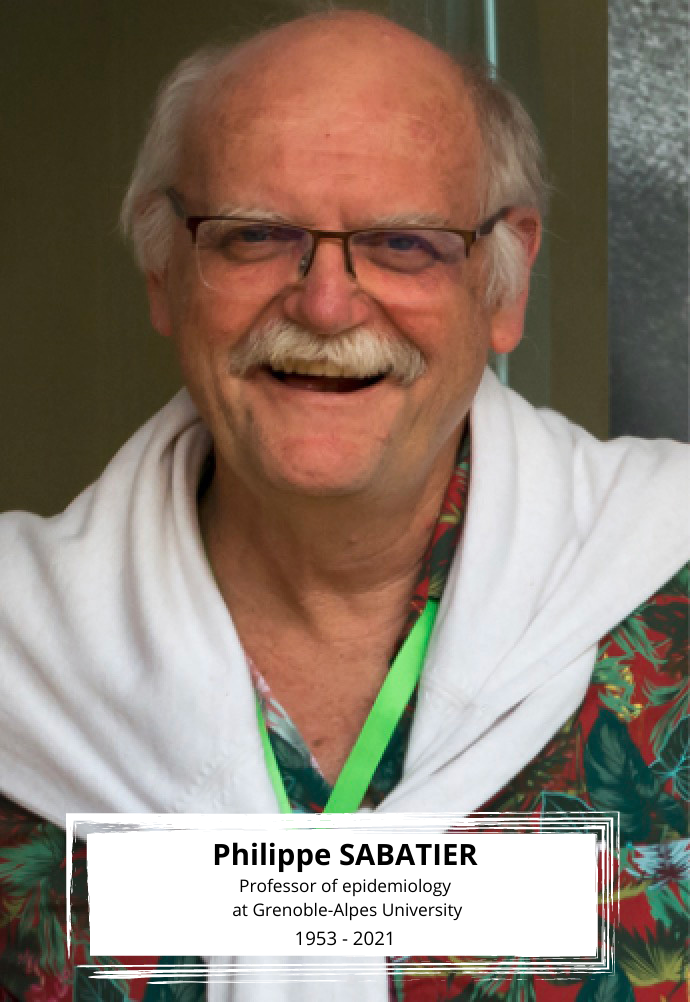Qu'ils soient en orbite autour de la terre, qu'ils voyagent dans l'espace ou qu'ils se trouvent sur des accélérateurs terrestres géants à haute énergie, les détecteurs de particules sont les yeux et les oreilles des scientifiques engagés dans l'exploration du monde enchanté des phénomènes microscopiques quantiques.
Les détecteurs de particules nous accompagnent au quotidien dans des domaines aussi divers que l'imagerie médicale, le séquençage de l'ADN ou la communication par fibre optique.
ESIPAP est la préparation parfaite pour les concepteurs, constructeurs et opérateurs des détecteurs de particules de demain. Le cours 1 traite de la physique sous-jacente, tandis que le cours 2 couvre les sujets avancés et les applications.








